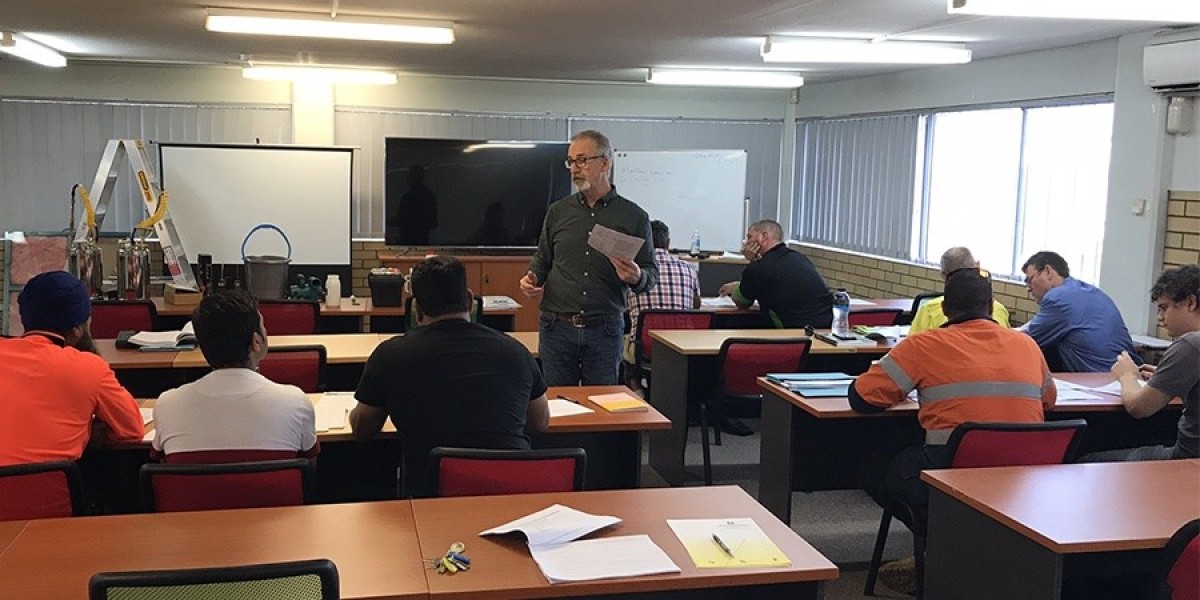Pests are a common problem in homes, gardens, and businesses, and managing them requires both skill and knowledge. From termites chewing through wood to rodents invading kitchens, pests can cause damage, spread diseases, and create frustration for homeowners and business owners alike. That’s where pest control professionals step in to solve these problems effectively. But how do individuals become experts in this field? Let’s dive into what it takes to start a career in pest control and what you can expect when pursuing it.
Why Is Pest Control Important?
Pest control isn’t just about keeping bugs away; it’s an essential service that protects health, property, and the environment. Certain pests, like cockroaches and rodents, carry harmful bacteria that can lead to serious illnesses. Termites can weaken the structure of buildings, causing thousands of dollars in damage. And invasive species can disrupt ecosystems, harming native plants and animals.
A well-trained pest control professional doesn’t just remove pests—they help prevent future infestations, educate customers about proper maintenance, and use environmentally safe methods to minimize harm.
What Does a Pest Control Professional Do?
A pest control expert is responsible for identifying pest problems, assessing the severity of infestations, and applying treatments to eliminate them. This job involves more than spraying chemicals; it requires understanding pest biology, using specialized equipment, and ensuring safety protocols are followed. Here are some typical tasks performed in the field:
Inspection: Professionals inspect properties to locate pest activity, nesting areas, and potential entry points.
Identification: Correctly identifying pests is crucial to determine the most effective treatment.
Treatment Application: Using sprays, traps, baits, and other tools to remove pests from the area.
Preventative Measures: Advising clients on how to avoid future infestations, such as sealing cracks or improving sanitation.
Documentation: Maintaining records of treatments applied, areas treated, and follow-up schedules.
Who Should Consider a Career in Pest Control?
Pest control is a good career option for those who enjoy problem-solving, working with their hands, and helping others. It’s an active job that often requires visiting various locations, talking to customers, and staying updated on pest management techniques.
Individuals who have a knack for science, enjoy outdoor work, or are interested in environmental health may find this field particularly appealing. The profession also offers job security, as pest problems are unlikely to disappear anytime soon.
The Role of Training in Pest Control
Handling pests safely and effectively requires specialized training. While some skills can be learned on the job, formal education ensures that professionals understand the science behind pest behavior and treatment methods. Training programs teach essential knowledge about pests, chemicals, safety protocols, and legal regulations.
In many regions, completing a training program and passing an exam is mandatory to obtain a license to work as a pest control technician. These programs are designed to build confidence, professionalism, and a thorough understanding of pest management.
What Can You Learn in a Pest Control Training Program?
Training programs for pest control typically cover a wide range of topics, including:
Pest Identification: Recognizing different types of pests, their habitats, and their behaviors.
Safety Practices: Learning how to handle chemicals, protect yourself and others, and follow legal safety standards.
Integrated Pest Management (IPM): This approach combines multiple strategies, including biological, mechanical, and chemical methods, to control pests effectively while minimizing environmental impact.
Pesticide Application: Understanding the proper use of tools, equipment, and pesticides.
Legal Requirements: Familiarizing yourself with laws and regulations regarding pest control practices in your area.
Advantages of Enrolling in a Professional Program
Whether you’re new to the industry or looking to enhance your skills, completing a training program offers numerous benefits.
Increased Knowledge: Learn about the latest advancements and methods in pest control.
Licensing Requirements: Meet state or regional guidelines to legally practice pest control.
Career Growth: Gain credibility, open doors to better job opportunities, and potentially start your own pest control business.
Customer Trust: Being certified reassures customers that you’re knowledgeable and trustworthy.
Choosing the Right Training Program
Selecting the right program is an important decision. Here are a few things to consider:
Accreditation: Ensure the program is recognized by relevant authorities.
Course Content: Look for a program that covers the topics you’re most interested in.
Hands-On Training: Practical experience is essential for mastering pest control techniques.
Flexibility: Some programs offer online courses, making it easier to balance training with other commitments.
When researching options, you’ll likely come across a pest control course that fits your needs. Take the time to compare programs and read reviews to ensure you’re getting the best value for your investment.
Challenges in the Pest Control Industry
Like any profession, pest control has its challenges. Professionals often work in uncomfortable conditions, such as tight crawl spaces or in hot weather. Dealing with hazardous chemicals and ensuring their proper use requires careful attention to safety. Additionally, pest control specialists must be prepared to handle difficult situations, like dealing with distressed customers or stubborn infestations.
However, for those passionate about the work, these challenges can be rewarding. Solving complex problems and improving people’s quality of life are fulfilling aspects of the job.
Career Opportunities in Pest Control
The pest control industry offers a variety of career paths. Technicians may specialize in residential pest control, commercial services, or specific pests like termites or bedbugs. With experience, technicians can advance to supervisory roles, sales, or even start their own pest control business.
The industry is growing, with increasing demand for professionals who can manage pest problems effectively and sustainably. This makes it a stable and promising career choice for individuals entering the workforce or seeking a career change.
Tips for Succeeding in Pest Control
Stay Educated: Pest control techniques and regulations change over time. Keep learning through workshops, certifications, and industry updates.
Develop Good Communication Skills: Explaining solutions and building trust with customers is crucial.
Prioritize Safety: Always follow safety guidelines to protect yourself, your clients, and the environment.
Be Detail-Oriented: Thorough inspections and careful treatments ensure better results and satisfied customers.
Conclusion
Pest control is more than a job—it’s a valuable service that improves lives and protects communities. By completing the right training, gaining hands-on experience, and staying dedicated to learning, you can build a successful and rewarding career in this field.
If you’ve ever considered becoming a pest control professional, now is the perfect time to explore your options and take the first steps toward a bright future.










